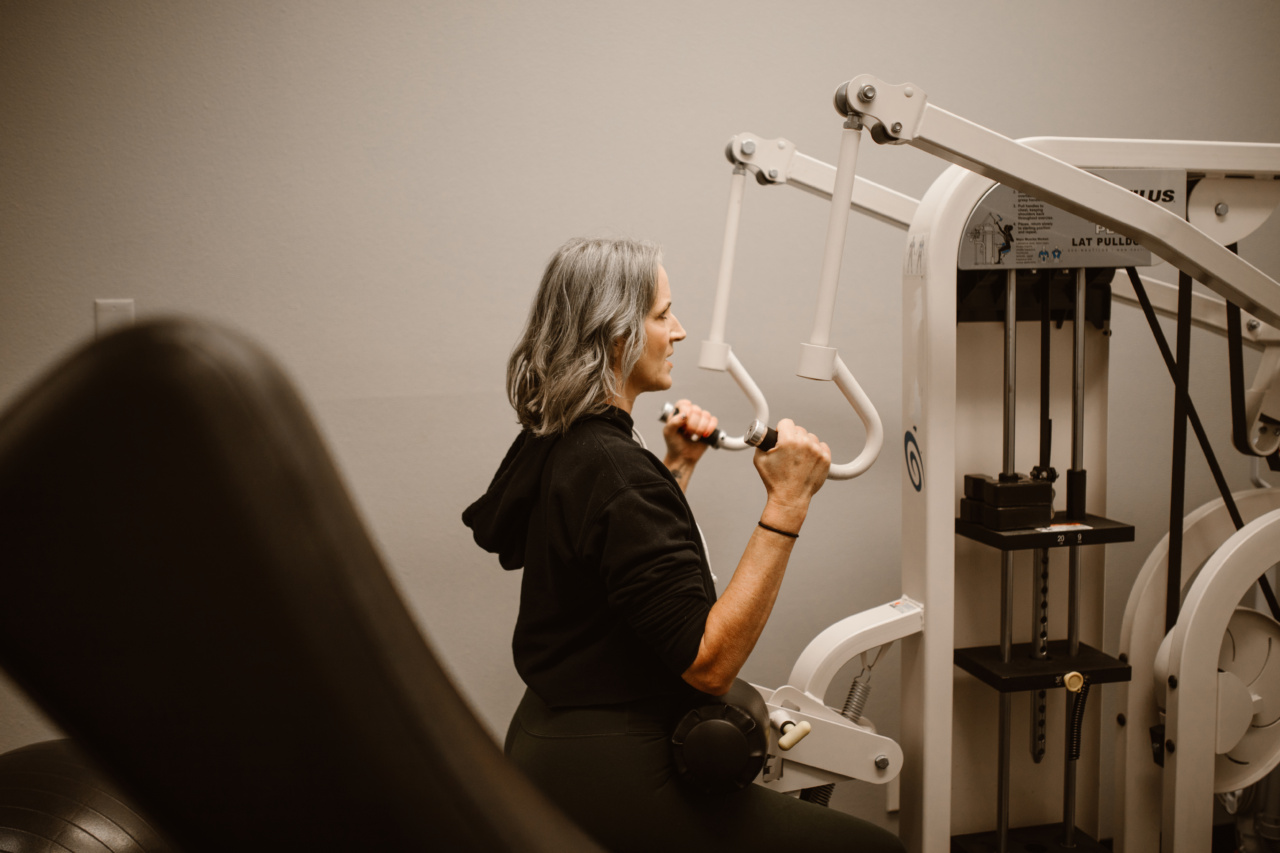As women age, their fertility naturally decreases. This is a reality that many women face, but it doesn’t mean that getting pregnant in your late 30s or 40s is impossible.
With the right strategies and knowledge, women over 35 can optimize their chances of conceiving. Here are some fertility strategies to consider if you’re planning to start a family later in life:.
1. Understand the Aging Process
It’s essential to understand how age affects fertility. As women age, the number and quality of eggs in their ovaries decline.
Additionally, there is an increased risk of chromosomal abnormalities and conditions such as endometriosis or fibroids, which can impact fertility. By understanding these factors, you can better prepare and manage your expectations.
2. Prioritize Regular Check-ups
Regular visits to your gynecologist or fertility specialist are crucial. They can evaluate your reproductive health and provide guidance on timing and strategies to optimize your chances of conceiving.
These visits may include hormone level testing, ovarian reserve testing, and other assessments to gauge your fertility potential.
3. Don’t Wait Too Long
The more you delay trying to conceive, the harder it might become. While there is no arbitrary age cutoff, it’s generally recommended not to wait too long if you’re considering starting a family.
As a woman gets older, the fertility window narrows, making it more challenging to get pregnant. If you’re planning to delay pregnancy, freezing your eggs at a younger age can be a viable option.
4. Maintain a Healthy Lifestyle
Adopting a healthy lifestyle is essential in maximizing your fertility potential. Focus on maintaining a balanced diet, regular exercise routine, and a healthy weight.
Quit smoking, limit alcohol consumption, and minimize stress levels to create an optimal environment for conception.
5. Monitor Your Menstrual Cycle
Stay aware of your menstrual cycle to identify the most fertile period, which typically occurs around ovulation.
Charting your basal body temperature, using ovulation predictor kits, and tracking cervical mucus changes can help determine the best time for trying to conceive.
6. Consider Fertility Treatments
If you’re struggling to conceive naturally, fertility treatments may be an option. These include intrauterine insemination (IUI), in vitro fertilization (IVF), or using an egg donor.
Consulting with a fertility specialist can help determine the most suitable treatment based on your specific circumstances.
7. Don’t Overlook Male Factor
While much of the focus is on female fertility, it’s important to remember that male factors also play a significant role.
Encourage your partner to maintain a healthy lifestyle and consider getting a semen analysis to assess sperm quality and quantity.
8. Understand the Risks
It’s essential to be aware of the potential risks associated with pregnancy in your late 30s and beyond. Risks such as gestational diabetes, preeclampsia, and chromosomal abnormalities increase with age.
Discuss these risks with your healthcare provider and consider any necessary precautions or additional screenings.
9. Get Emotional Support
Trying to conceive, especially when faced with age-related challenges, can be emotionally challenging. Seek support from your partner, friends, or join a support group dedicated to women trying to conceive later in life.
A strong support system can go a long way in managing the emotional ups and downs of the journey.
10. Stay Positive and Be Patient
Remember that getting pregnant may take longer than expected, but staying positive and patient is crucial. Avoid unnecessary stress and anxiety, as they can impact your fertility.
Focus on maintaining a healthy lifestyle and following the strategies discussed, and trust that your body knows how to navigate this process.































